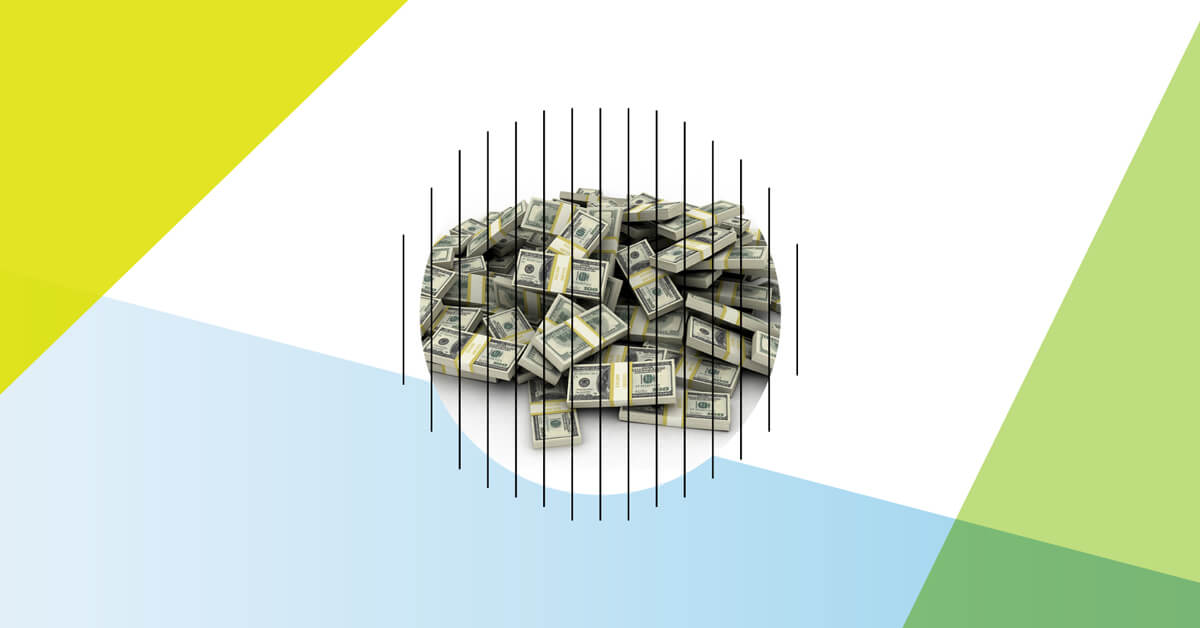Is Your Bank Keeping Too Much of Your Money?
You probably already know that you should have an emergency fund—three to six months of expenses saved in a place you can access it quickly and easily if needed, like a checking or savings account.
But what you might not know is that, beyond your emergency fund, a savings account is one of the worst places to keep—and grow—your money. The average savings account interest rate of the five largest U.S. banks this year was 0.08%—less than one-tenth of one percent!
And what most people don’t know (because, well, they have better things to do than read bank financial statements) is that these same banks averaged 3.11% net interest margin lending out that money. This means that, on average, for every $1,000 you deposited with the bank, you got $0.80 and the bank got $31.15.
We get it that banks are in business to make a profit, but seriously?
If that frustrates you as much it does us, there are two ways to get more of that interest your bank is earning:
First, shop for a better account such as a checking and savings account. You shop for everything else you buy, so why not bank accounts? There are a number of FDIC insured accounts out there that pay around 1% (some of which are online only, so they can pass some of the savings on lower overhead costs to consumers). Yes, that’s less than 3.11%, but it’s also way more than 0.08%.
Second, consider taking some sensible risks. Unless you are saving for something specific in the short-term, like a down payment on a home next year, it may be a great idea to invest for your future. Once you’ve saved three to six months expenses in a savings account, you might consider placing additional savings in a conservative portfolio of short-term bond ETFs. (These are funds that invest in bonds that will come due in three years or less.) No, they’re not risk-free, but they’re often still liquid, and they have a higher likelihood to return more than many savings accounts if you have time to ride out the ups and downs of the market.
Want to learn more? Talk with a SoFi Invest advisor about whether this type of investment account might be right for you. Please contact us to set up an appointment.
Learn more about SoFi Invest
Open an Invest account today
External Websites: The information and analysis provided through hyperlinks to third-party websites, while believed to be accurate, cannot be guaranteed by SoFi. Links are provided for informational purposes and should not be viewed as an endorsement.
SoFi Invest®
The information provided is not meant to provide investment or financial advice. Investment decisions should be based on an individual’s specific financial needs, goals and risk profile. SoFi can’t guarantee future financial performance. Advisory services offered through SoFi Wealth, LLC. SoFi Securities, LLC, member FINRA / SIPC .



